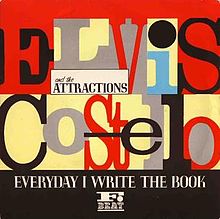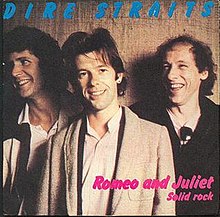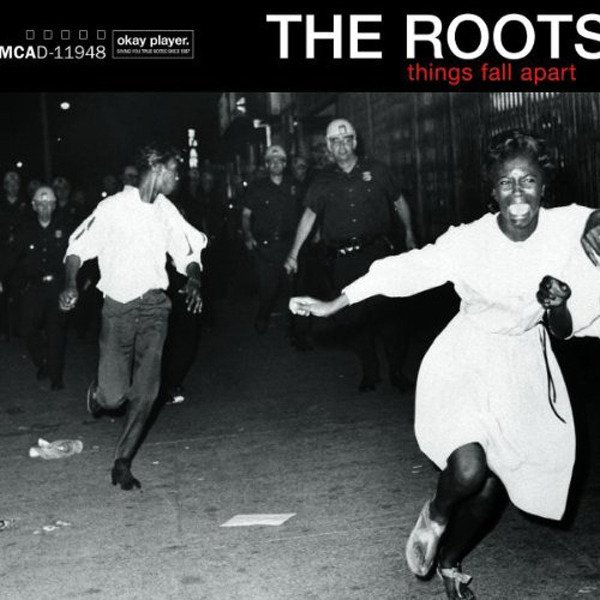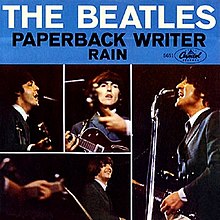August 2021

“The more you read, the more things you know. The more that you learn, the more places you’ll go”
-Dr. Seuss
To achieve anything truly legendary, learning from others is a must. I am lucky to have learned from so many mentors, colleagues and customers over the years, feel strongly about the power of continuous learning at Rocket.
Reading is one fantastic way to ensure we keep learning—not just about our work but about areas of life we’re passionate about. Reading helps you discover new things, expands the mind, and allows for creative thinking. The summer months brings to mind days spent on the beach or at the lake with a great read, so I enlisted the help of some Rocketeers to share their favorites for our first Rocket Summer Reading List.
Recommendations from some of our Rocketeers focus on topics ranging from the secrets of highly successful groups and what makes companies truly great to important and timely conversations about race:
The Culture Code by Daniel Coyle
“The Culture Code digs deeper into how to create alignment and foster unity in organizations, mainly through three areas: building safety, sharing vulnerability and establishing purposes. I also loved the way Coyle describes the importance of creating communities that ultimately enable employees to thrive, as we are doing here at Rocket.”–Tracey Leahy, SVP, Chief Human Resources Officer
The New Jim Crow: Mass Incarceration in the Age of Colorblindness by Michelle Alexander
“I think The New Jim Crow: Mass Incarceration in the Age of Colorblindness by Michelle Alexander is a must read. Alexander focuses on Black men (predominately) incarcerated (and released) in the U.S. who are subject to the same outdated, discriminatory laws (Jim Crow laws) under a different name which deny them access to basic human and civil rights such as voting, housing and education.
This important read helped me to delve deeper into how systems are created to reinforce, perpetuate and strip away the dignity of historically excluded people. While this book focuses on the U.S., the framework of analysis is applicable to entities around the world, within governments, organizations and among corporations.”–Sharra Owens-Schwartz, Senior Director of Inclusion, Diversity and Equity
Chaos: Making a New Science by James Gleick
“This book dives into chaos theory, which really transformed how we think about math, patterns, weather predictions and more. Gleick does a great job of really explaining chaos theory in mathematics. It’s a great book.”–Matt Deres, SVP, Chief Information Officer
Good to Great by Jim Collins
“Good to Great is treatise on what makes companies truly great, rather than just good. The highlights include:
-
“Get the right people on the bus first and figure out the seats later.”
-
The Stockdale Paradox, which is that you need to confront the brutal truth of a situation yet at the same time never give up hope.
Both of these lessons are important if you’re providing a great customer experience.”–Jay Leader, SVP, Chief Customer Officer
Lastly, my recommendation is The Code Breaker by Walter Isaacson. While this book is not directly about leadership, as a leader, I found it incredibly compelling and resonant. As author Walter Isaacson tells the story of how Nobel Prize winner Jennifer Doudna and her colleagues launched a gene editing revolution, he weaves a thread through so many topics relevant to us all. The book touches on science, technology, innovation, speed, competition, trial-and-error, failures and successes, career journeys, community, collaboration and teamwork, legendary impact, humanity, empathy, and more. When I think about leadership that makes a difference, I think about each of these dimensions.
I learned a lot by reading how other leaders—albeit in a completely different domain than ours—have navigated through challenges and opportunities. I think you will, too.
Onward and Upwards,


Every Day I Write the Book by Elvis Costello
from the 1983 album Punch the Clock was written by Costello in just 10 minutes. The creative lyrics make connections between the process of writing a book and the evolution of a relationship.

Romeo and Juliet by Dire Straits
first appeared on the Making Moves album before being released as a single in 1981. The classic Romeo and Juliet isn’t the only great piece of writing alluded to in the song—it also makes reference to music from West Side Story. The song is a fantastic example of how reading can inspire new creative works.

Table of Contents by The Roots
from the album Things Fall Apart, named after Nigerian author Chinua Achebe’s novel, set the tone for the entire album as its first track. The aptly named song showcased not only The Roots’ writing prowess, but also the breadth of the band’s musical ability, apparent throughout the entirety of the album.

Paperback Writer by The Beatles
was released as a single in 1966, and was the last new song featured on The Beatles’ final tour that same year. The lyrics, written primarily by Paul McCartney, are imagined as a letter written by an aspiring author to a publisher.
Letters archive:
September 2021 | July 2021 | May 2021 | April 2021 | March 2021 | February 2021 | January 2021 | December 2020 | November 2020 | October 2020 | September 2020 | August 2020 | July 2020 | June 2020 | May 2020 | April 2020 | March 2020 | February 2020 | January 2020 |December 2019 |October 2019 | September 2019 | August 2019 | July 2019 | May 2019 | April 2019 | March 2019 | January 2019 | November 2018 | October 2018 | September 2018 | August 2018 | July 2018 | June 2018 | May 2018 | April 2018 | March 2018 | February 2018 | January 2018 | December 2017 | November 2017 | October 2017 | September 2017 | August 2017 | July 2017 | June 2017 | May 2017 | April 2017 | March 2017 | February 2017 | January 2017 | December 2016 | November 2016 | October 2016 | September 2016 | August 2016 | July 2016 | June 2016 | May 2016 | April 2016 | March 2016 | February 2016 | January 2016 | December 2015 | November 2015 | October 2015 | September 2015 | August 2015 | July 2015 | June 2015 | May 2015 | April 2015 | March 2015 | February 2015 | January 2015 | July 2014 | Apr 2014 | Mar 2014 | Dec 2013 - Jan 2014 | Oct 2013 | Jul 2013